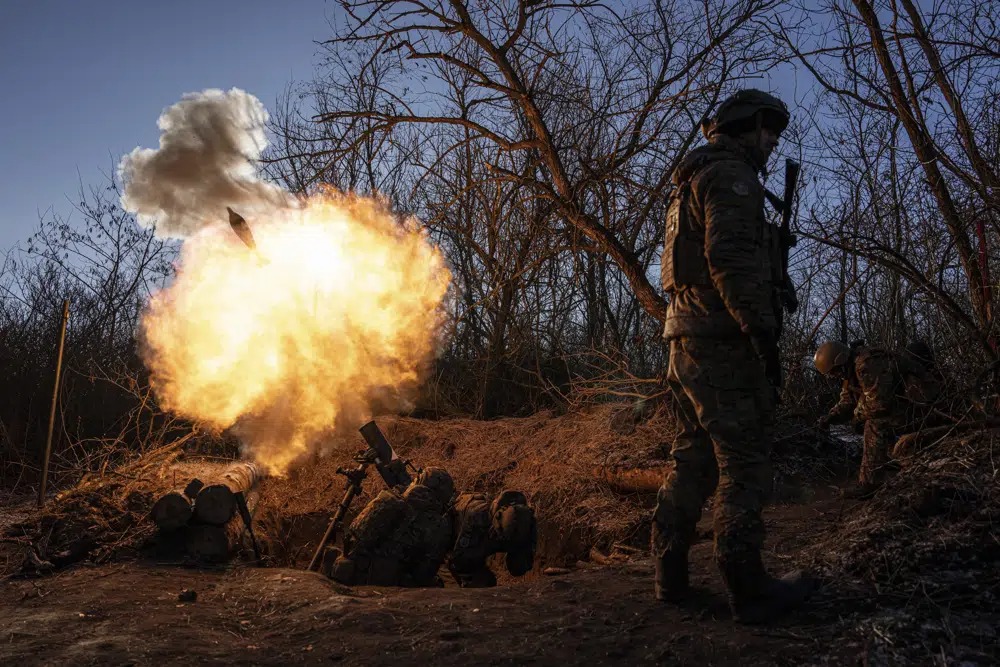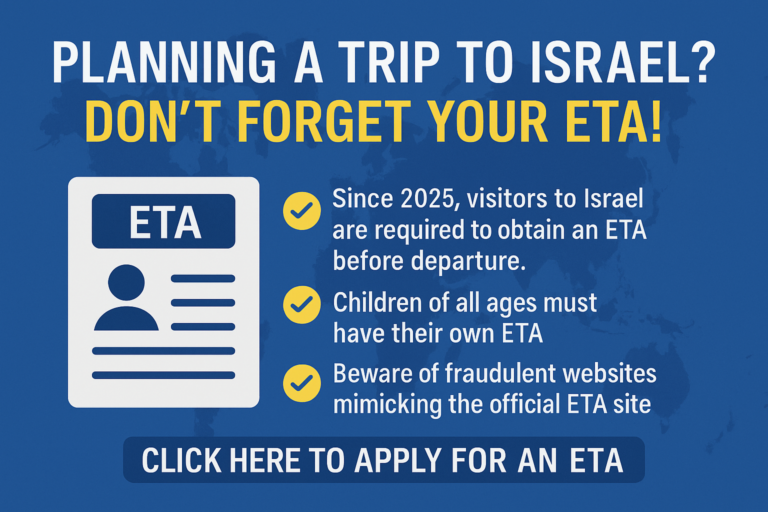The war in Ukraine that began a year ago has killed thousands, forced millions to flee their homes, reduced entire cities to rubble and has fueled fears the confrontation could slide into an open conflict between Russia and NATO.
A look at some of the main events in the conflict.
2022
FEBRUARY
On Feb. 24, Russian President Vladimir Putin launches an invasion of Ukraine from the north, east and south. He says the “special military operation” is aimed at “demilitarization” and “denazification” of the country to protect ethnic Russians, prevent Kyiv’s NATO membership and to keep it in Russia’s “sphere of influence.” Ukraine and the West say it’s an illegal act of aggression against a country with a democratically elected government and a Jewish president whose relatives were killed in the Holocaust.
Russian troops quickly reach Kyiv’s outskirts, but their attempts to capture the capital and other cities in the northeast meet stiff resistance. Ukrainian President Volodymyr Zelenskyy records a video outside his headquarters to show he is staying and remains in charge.
MARCH
On March 2, Russia claims control of the southern city of Kherson. In the opening days of March, Russian forces also seize the rest of the Kherson region and occupy a large part of the neighboring Zaporizhzhia region, including the Zaporizhzhia Nuclear Power Plant, Europe’s largest.
The Russian army soon gets stuck near Kyiv, and its convoys — stretching along highways leading to the Ukrainian capital — become easy prey for Ukrainian artillery and drones. On March 16, Russia strikes a theater in the strategic port city of Mariupol where civilians had been sheltering, killing hundreds of people in one of the war’s deadliest attacks.
Moscow announces the withdrawal of forces from Kyiv and other areas March 29, saying it will focus on the eastern industrial heartland of the Donbas, where Russia-backed separatists have fought Ukrainian forces since 2014 following the illegal annexation of Crimea.
APRIL
The Russian pullback from Kyiv reveals hundreds of bodies of civilians in mass graves or left in the streets of the town of Bucha, many of them bearing signs of torture in scenes that prompt world leaders to say Russia should be held accountable for possible war crimes.
On April 9, a Russian missile strike on a train station in the eastern city of Kramatorsk kills 52 civilians and wounds over 100.
Intense battles rage for Mariupol on the Sea of Azov, and Russian air strikes and artillery bombardment reduce much of it to ruins.
On April 13, the missile cruiser Moskva, the flagship of the Russian Black Sea Fleet, is hit by Ukrainian missiles and sinks the next day, damaging national pride.
MAY
On May 16, Ukrainian defenders of the giant Azovstal steel mill, the last remaining Ukrainian stronghold in Mariupol, agree to surrender to Russian forces after a nearly three-month siege. Mariupol’s fall cuts Ukraine off from the Azov coast and secures a land corridor from the Russian border to Crimea.
On May 18, Finland and Sweden submit their applications to join NATO in a major blow to Moscow over the expansion of the military alliance.
JUNE
More Western weapons flow into Ukraine, including U.S.-supplied HIMARS multiple rocket launchers.
On June 30, Russian troops pull back from Snake Island, located off the Black Sea port of Odesa and seized in the opening days of the invasion.
JULY
On July 22, Russia and Ukraine, with mediation by Turkey and the United Nations, agree on a deal to unblock supplies of grain stuck in Ukraine’s Black Sea ports, ending a standoff that threatened global food security.
On July 29, a missile strike hits a prison in the Russia-controlled eastern town of Olenivka where Ukrainian soldiers captured in Mariupol were held, killing at least 53. Ukraine and Russia trade blame for the attack.
AUGUST
On Aug. 9, powerful explosions strike an air base in Crimea. More blasts hit a power substation and ammunition depots there a week later. signaling the vulnerability of the Moscow-annexed Black Sea peninsula that Russia has used as a major supply hub for the war. Ukraine’s top military officer later acknowledges that the attacks on Crimea were launched by Kyiv’s forces.
On Aug. 20, Darya Dugina, the daughter of Russian nationalist ideologist Alexander Dugin, dies in a car bomb explosion outside Moscow that the Russian authorities blame on Ukraine.
SEPTEMBER
On Sept. 6, the Ukrainian forces launch a surprise counteroffensive in the northeastern Kharkiv region, quickly forcing Russia to pull back from broad areas held for months.
On Sept. 21, Putin orders mobilization of 300,000 reservists, an unpopular move that prompts hundreds of thousands of Russian men to flee to neighboring countries to avoid recruitment. At the same time, Russia hastily stages illegal “referendums” in Ukraine’s Donetsk, Luhansk, Kherson and Zaporizhzhia regions on whether to become part of Russia. The votes are widely dismissed as a sham by Ukraine and the West.
On Sept. 30, Putin signs documents to annex the four regions at a Kremlin ceremony.
OCTOBER
On Oct. 8, a truck laden with explosives blows up on the bridge linking Crimea to Russia’s mainland in an attack that Putin blames on Ukraine. Russia responds with missile strikes on Ukraine’s power plants and other key infrastructure.
After the first wave of attacks on Oct. 10, the barrage continues on a regular basis in the months that follow, resulting in blackouts and power rationing across the country.
NOVEMBER
On Nov. 9, Russia announces a pullback from the city of Kherson under a Ukrainian counteroffensive, abandoning the only regional center Moscow captured, in a humiliating retreat for the Kremlin.
DECEMBER
On Dec. 5, the Russian military says Ukraine used drones to target two bases for long-range bombers deep inside Russian territory. Another strike takes places later in the month, underlining Ukraine’s readiness to up the ante and revealing gaps in Russian defenses.
On Dec. 21, Zelenskyy visits the United States on his first trip abroad since the war began, meeting with President Joe Biden to secure Patriot air defense missile systems and other weapons and addressing Congress.
2023
JANUARY
On Jan. 1, just moments into the New Year, scores of freshly mobilized Russian soldiers are killed by a Ukrainian missile strike on the city of Makiivka. Russia’s Defense Ministry says 89 troops were killed, while Ukrainian officials put the death toll in the hundreds.
After months of ferocious fighting, Russia declares the capture of the salt-mining town of Soledar on Jan. 12, although Kyiv does not acknowledge it until days later. Moscow also presses its offensive to seize the Ukrainian stronghold of Bakhmut.
On Jan. 14, when Russia launches another wave of strikes on Ukraine’s energy facilities, a Russian missile hits an apartment building in the city of Dnipro, killing 45.
FEBRUARY
On Feb. 20, U.S. President Joe Biden makes a surprise visit to Kyiv where he meets with the Ukrainian president in a remarkable and defiant display of solidarity.
(AP)











